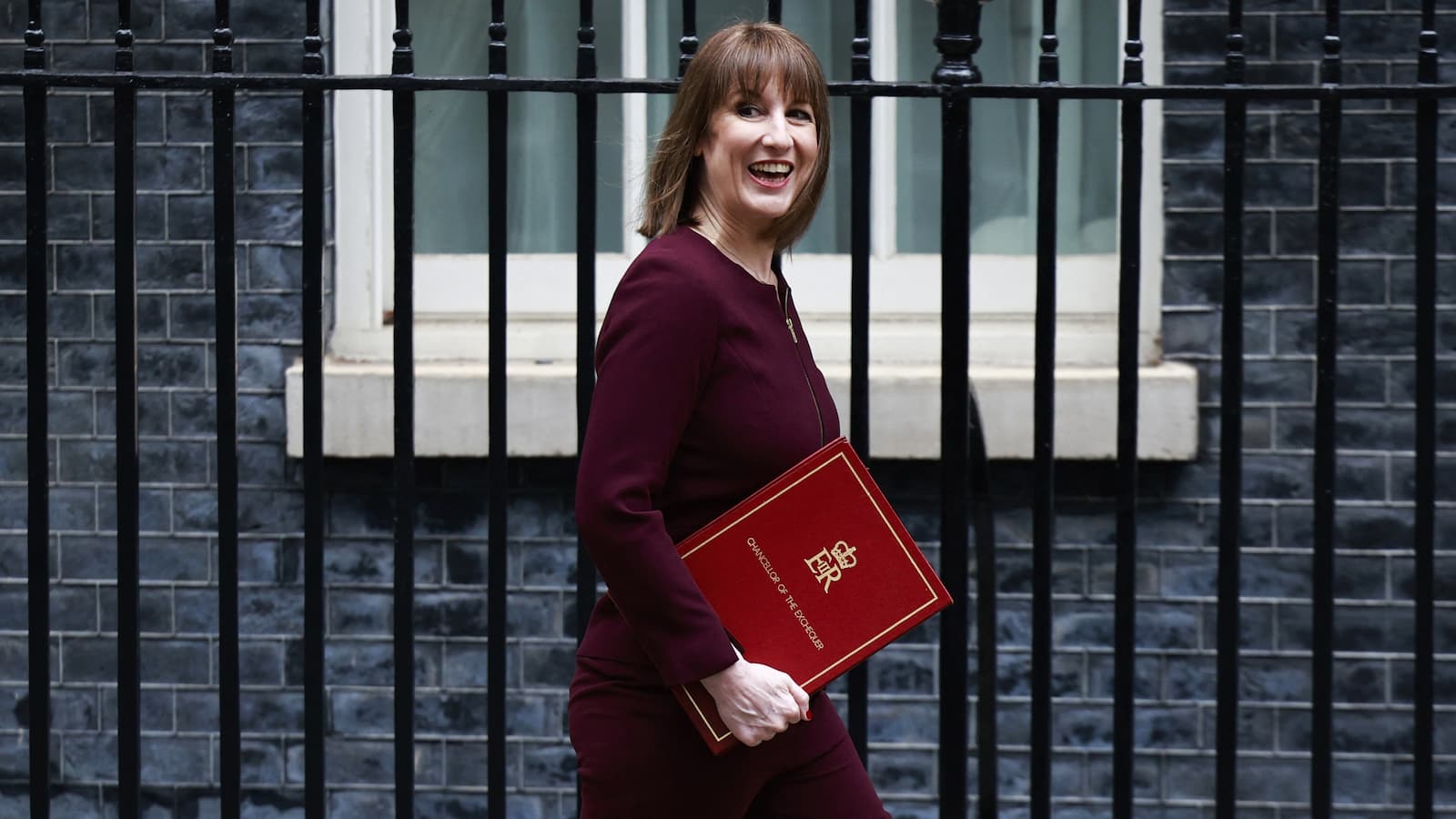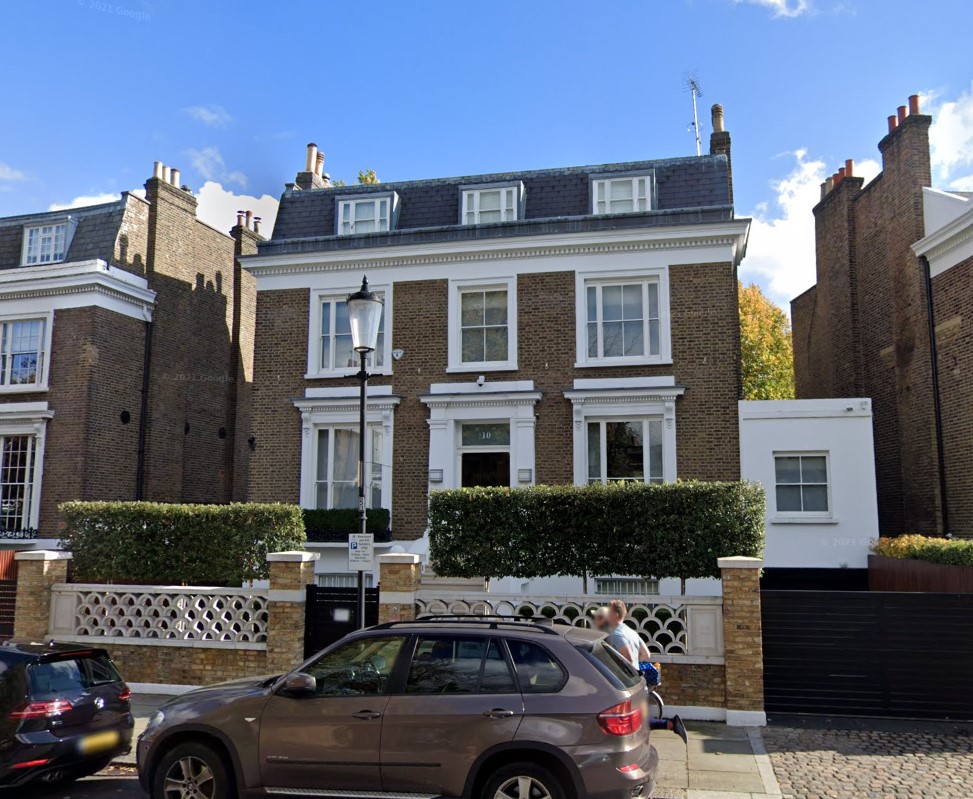Householders within the prime council‑tax bands might see their payments nearly double if proposals being thought of by the Treasury and the Institute for Fiscal Research (IFS) are adopted.
The plan, which might goal bands G and H, may increase round £4.4 billion a 12 months, with surging home costs widening the hole within the present, 1991-based system.
Chancellor Rachel Reeves is claimed to be reviewing the thought forward of the November 2025 Finances, as strain grows to spice up public funds.
The place you reside might make an enormous distinction to your potential invoice, with some areas dealing with a lot bigger will increase than others. We reveal if your private home is in one of many areas probably in danger.
Who’s suggesting the rise — and why?

The IFS’s Choices for Tax Will increase report, which outlines methods the federal government might increase extra money, prompt the rise in council tax.
The IFS says council tax is “regressive”, that means individuals in costly houses pay much less as a share of their property’s worth than these in cheaper ones. “Council tax (earlier than any reductions) is presently a decrease share of property worth for high-value properties than for low-value properties,” the report explains.
For instance, B and H houses pay round thrice as a lot as Band A houses in the identical space, despite the fact that they had been value “no less than eight occasions as a lot – and normally way more – in 1991.”
The IFS says this construction is “arduous to justify” and suggests elevating charges for greater bands to make the system fairer. Native authorities, it provides, might nonetheless select to regulate different bands to maintain common payments regular.
Which houses could possibly be affected most?
If the federal government adopted the IFS’s most formidable choice – doubling Bands G and H – it might have an effect on about 4% of houses in England.
The IFS estimates this might herald £4.4 billion in 2029–30. Underneath this state of affairs, house owners of a typical Band G house might pay round £3,800 extra a 12 months, whereas these in Band H might pay about £4,560 extra. That may take annual payments to round £7,600 and £9,120 respectively.
In accordance with the IFS report: “Both of those choices would make council tax much less regressive, however the latter could be extra radical, with a lot sharper will increase for a smaller set of properties.”
The place might council tax rise probably the most?

The IFS warns that as a result of council-tax bands are nonetheless primarily based on property values from 1991, any rise wouldn’t at all times hit probably the most useful houses right now.
“Properties within the highest bands aren’t these which might be value most right now, however people who had been value most in 1991 – a really totally different set,” the report says.
Home costs have risen round sevenfold in London since 1991 however solely fourfold within the North East, in keeping with the HM Land Registry. Which means among the priciest fashionable houses are under-valued for council tax, whereas many northern houses are paying greater than their fair proportion.
The IFS says a full revaluation of houses is “lengthy overdue” to make the system fairer and extra constant.
A Treasury spokesperson stated it’s “contemplating choices for council-tax reform” as a part of a wider overview of property taxation forward of the November 2025 Finances.


